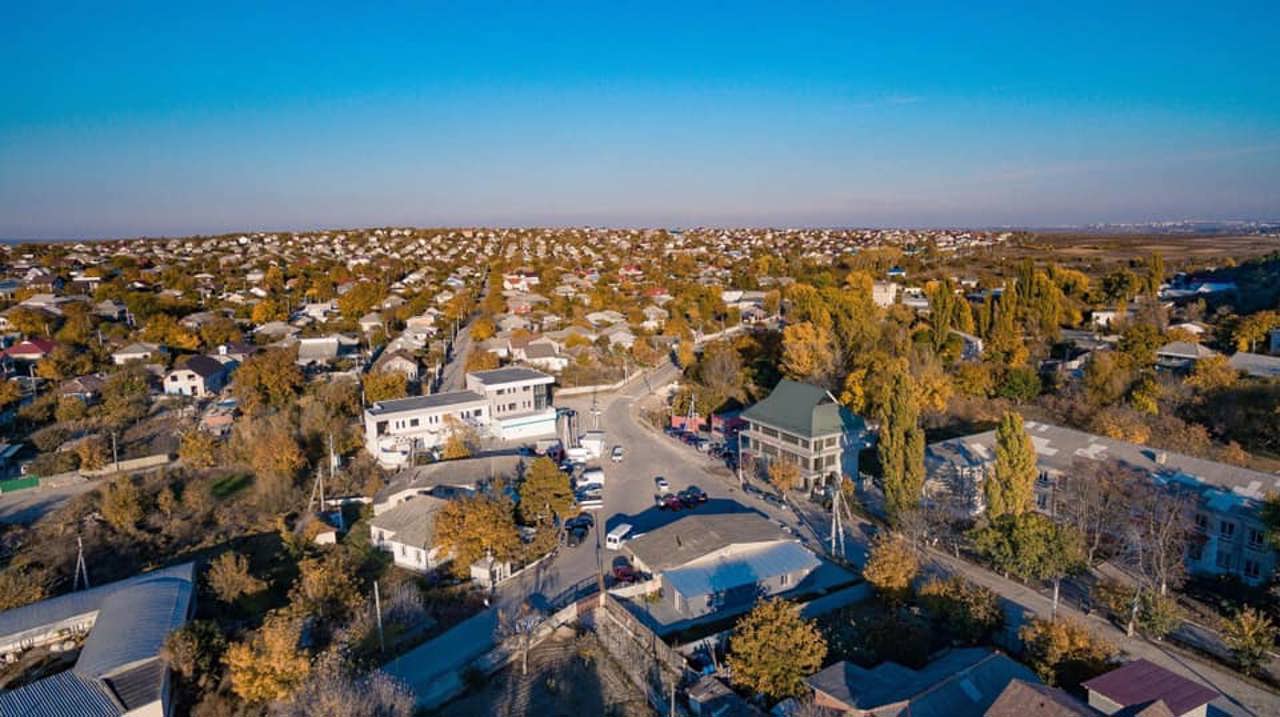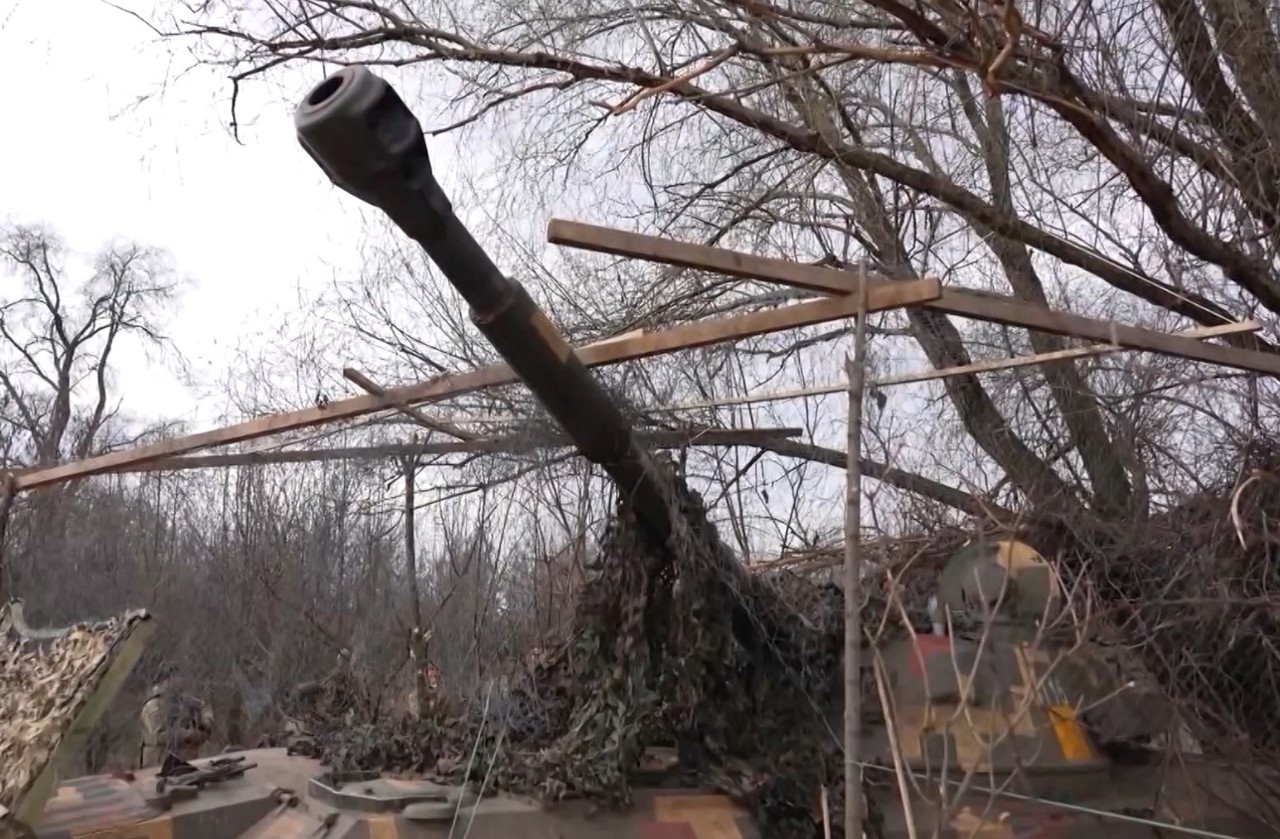Moldova Grant Boosts Local Development
Local authorities in Moldovan villages, towns, and communes with populations exceeding four thousand can apply for a $15,000 grant program designed to support the implementation of local initiatives.

This program, launched by the United Nations Population Fund in Moldova in collaboration with the State Chancellery, aims to improve the efficiency of governance by utilising demographic data and addressing the specific needs of residents.
The commune of Trușeni, with a population exceeding 10,000, is among the localities whose administrations have expressed interest in participating in the program. Local authorities in Trușeni prioritise ensuring residents' access to clean drinking water, repairing the access road to the commune, and constructing a sewerage system.
"We have many needs," acknowledged Viorica Beregoi, Mayor of Trușeni. "The most pressing issue, however, is the lack of a sewerage system. While we have already begun construction on these networks, the vast territory of our commune necessitates an extensive 45-kilometre network along with four pumping stations."
Echoing the concerns of the local authorities, residents of Trușeni also emphasised their desire for improved living conditions, job opportunities, and modern infrastructure.
- "Perhaps this program can help our village," remarked one resident. "We lack a sewerage system, and there are many other necessities, such as repairing the dilapidated roads."
- "This program will be very beneficial," another resident expressed. "The roads will be repaired, and the sewerage system will finally be completed throughout the entire village. There are no local job opportunities anymore. People used to work on the farm here in the village, but now everyone is forced to go abroad to find work."
- "Look at the state of the roads after the rain!" exclaimed another resident. "The sewerage system also needs to be addressed. They built a sewerage system before, but it needs to be redone."
- "For instance," another resident pointed out, "the road in the village is in terrible condition, and it requires significant investment."
In addition to financial assistance, the program will also provide local authorities with capacity-building opportunities to identify and implement innovative solutions that can promote local development and enhance residents' quality of life.
"The program will initially offer a mentoring program to help local authorities understand the specific demographic challenges faced by their communities," explained Valentina Istrati, program manager. "A demographic profile will then be jointly developed with the local authorities."
According to representatives from the United Nations Population Fund (UNFPA), ten pilot localities will be selected to participate in the project by an evaluation committee. The project is funded by the Swiss Government and will be implemented between September 2024 and May 2026.
Translation by Iurie Tataru





